Menu
Menu




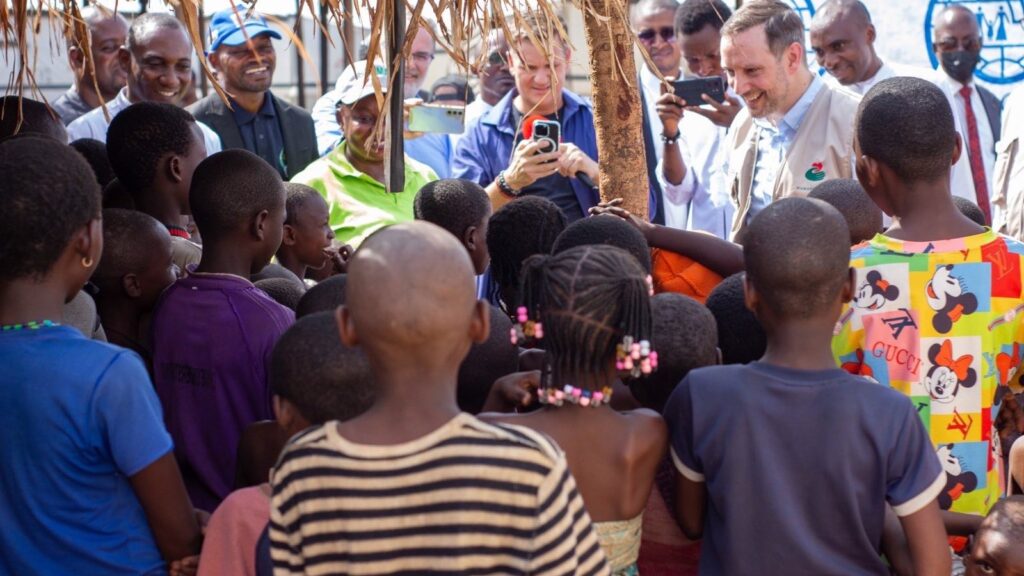
Hungary’s five-day humanitarian mission to Nigeria, led by the Hungary Helps programme, concluded with new aid pledges and key partnerships to support persecuted Christian communities and promote interfaith cooperation, officials announced on Sunday.

Will Smith is set to return to Budapest with a live concert at Budapest Park on 14 August as part of his Based on a True Story tour. The Grammy-winning artist recently dropped his first new album in two decades, featuring old hits and new collaborations.

Hungary will withdraw from the International Criminal Court, Prime Minister Viktor Orbán confirmed in a radio interview. He criticized the ICC as a political tool and outlined Hungary’s 2025 agenda, touching on economic reforms, drug policy, and foreign relations.

A general ceasefire in Ukraine may be possible this year, experts suggest, though peace remains distant. Meanwhile, Marine Le Pen faces a prison sentence and a five-year election ban, potentially reshaping the future of France’s National Rally party.

MCC Feszt returns to Esztergom from 31 July to 2 August, offering a mix of thought-provoking discussions and vibrant music performances. This year’s lineup features influential figures like Dominic Cummings and Ayaan Hirsi Ali, alongside popular Hungarian artists such as Irie Maffia and T Danny.
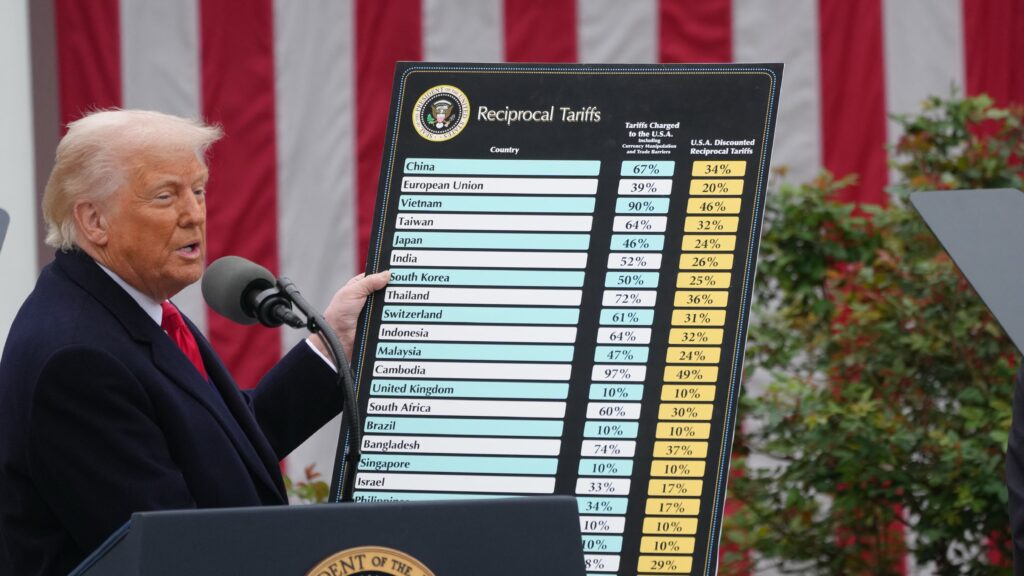
The United States is imposing a 20 per cent import tariff on the European Union and a 34 per cent tariff on China, President Donald Trump announced on Wednesday. Speaking at a White House ceremony, he signed the new trade policy into law, emphasizing the need for reciprocal tariffs to address trade imbalances.

Addressing climate change requires both global strategies and individual actions, as even small efforts can have a meaningful impact, János Áder, chairman of the Blue Planet Climate Protection Foundation, emphasized during a lecture in Budapest. Speaking to university students, the former president of Hungary highlighted the importance of sustainability and the growing environmental challenges driven by human activity.

Five JAS-39 Gripen fighter jets from the Hungarian Air Force have been deployed to Skrydstrup Air Base in Denmark to participate in Ramstein Flag 2025, a major NATO air combat exercise held across Dutch, German, and Danish airspace until 11 April.

The White House has confirmed that the new US tariff system will take effect immediately upon presidential approval, starting Wednesday. Press Secretary Karoline Leavitt emphasized that President Donald Trump and his trade policy team have been working until the last moment to finalize the measures.

The Hungary Helps mission has officially launched in Nigeria under the leadership of State Secretary for the Aid of Persecuted Christians Tristan Azbej. Over the past seven years, Nigeria has been a key focus of Hungary’s humanitarian efforts, aiming to support local communities and address ongoing crises.

The Mathias Corvinus Collegium (MCC) is accepting applications for its Junior Training Program until 29 June. Designed for new university students, this free talent programme provides a unique opportunity for career building and personal growth, featuring exclusive mentorship and international networking.
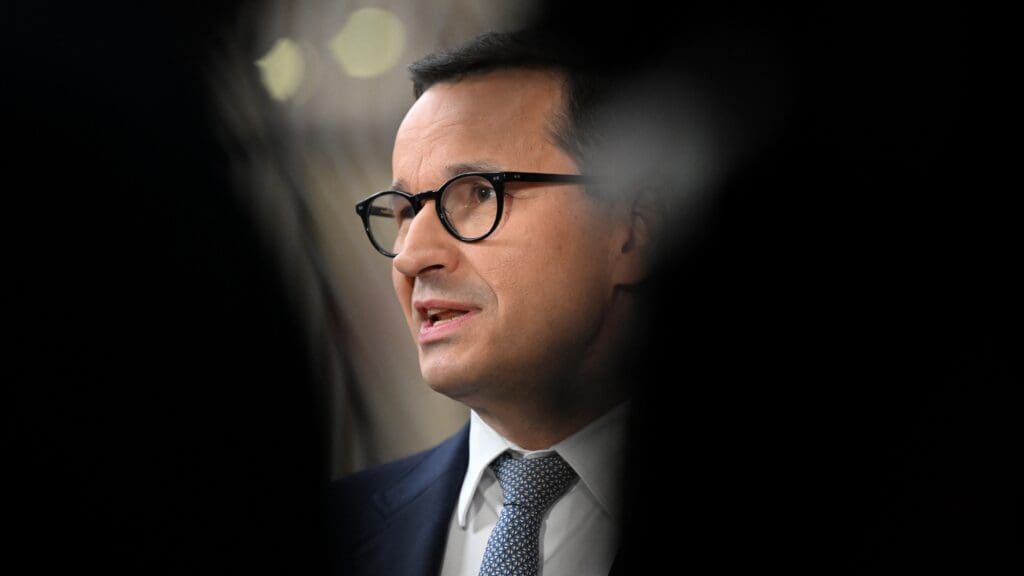
Former Polish Prime Minister Mateusz Morawiecki has criticized the French court ruling that bars Marine Le Pen from running for office, calling it an attempt to deprive citizens of their right to vote. The decision, he argues, weakens French democracy rather than strengthening it.
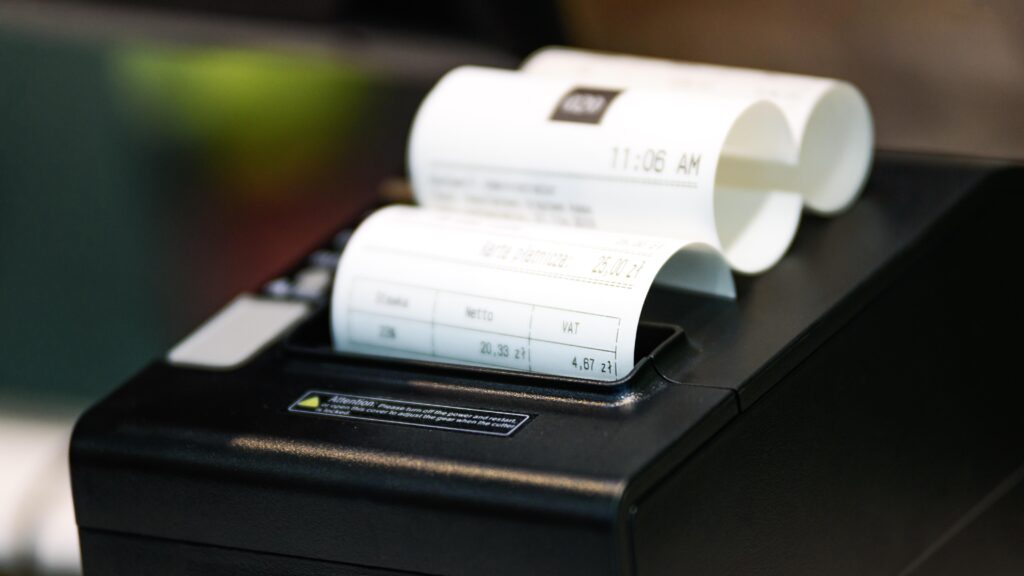
Hungary has officially adopted e-cash registers, paving the way for a paperless receipt system. Businesses can start using NAV-approved digital registers from July, bringing lower costs, simplified administration, and eco-friendly transactions.

Hungary is laying the groundwork for a national space law and the establishment of a National Space Agency, as part of its commitment to expanding its space industry. The government is also working on updating its space strategy, ensuring Hungary remains a competitive player in the global space economy.

Hungary saw continued wage growth in January 2025, with the gross average salary rising to 668,100 forints, marking a 10.4 per cent increase from the previous year. Real wages have now been on an upward trend for 17 consecutive months, helping to improve purchasing power and boost economic confidence.

The European Commission has approved the Digital Europe Programme (DIGITAL) for 2025–2027, allocating 1.3 billion euros to key technologies that will shape Europe’s future and technological sovereignty. The initiative will support AI development, cybersecurity, and digital skills training.

Szeged-based H-Vend Service Ltd has developed smart vending machines that can be managed remotely and operated contactlessly, thanks to EU funding. These high-tech machines feature touchless payments, AI-driven maintenance, and mobile integration, revolutionizing the vending industry.

Hungarian Prime Minister Viktor Orbán accused opposition parties of engaging in a ‘competition of provocations’ ahead of next year’s elections. Speaking on public Kossuth Radio, he addressed topics ranging from rural development and economic measures to European security and Hungary’s stance on war.

The Hungarian Defence Forces have expanded their arsenal with new Leopard 2A7HU tanks, Lynx infantry fighting vehicles, and thousands of modern firearms, reinforcing the country’s military capabilities. The latest additions were announced by the Minister of Defence on Friday.

Hungary will be the guest of honour at the Annecy International Animation Festival, opening on 8 June, in celebration of 110 years of Hungarian animation. The National Film Institute unveiled the official Hungarian visual identity for the festival, designed by renowned illustrator Levente Szabó.

Opening on 8 April, Time Machine Budapest invites visitors to experience the city’s most significant historical moments in an immersive and interactive way. The exhibition uses advanced audiovisual technology to recreate events from the 1848 revolution to life in the WWII ghetto, offering a powerful and engaging journey through time.
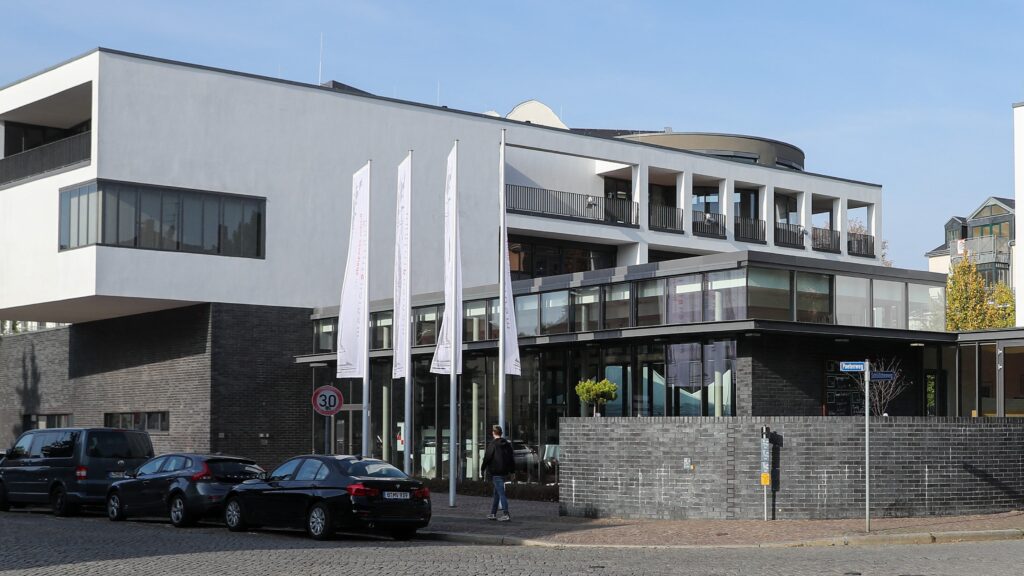
Hungary’s National Media and Infocommunications Authority has criticized the latest press freedom report by the European Centre for Press and Media Freedom, arguing that it presents a one-sided assessment of the Hungarian media landscape. The authority highlights methodological flaws and subjective claims in the report.

Óbuda University has launched a groundbreaking medical robotics project in collaboration with Stanford University and the National University of Singapore (NUS). With support from Hungary’s National Research, Development, and Innovation Office, the initiative aims to revolutionize surgical robotics and lab automation through cutting-edge AI-driven technology.
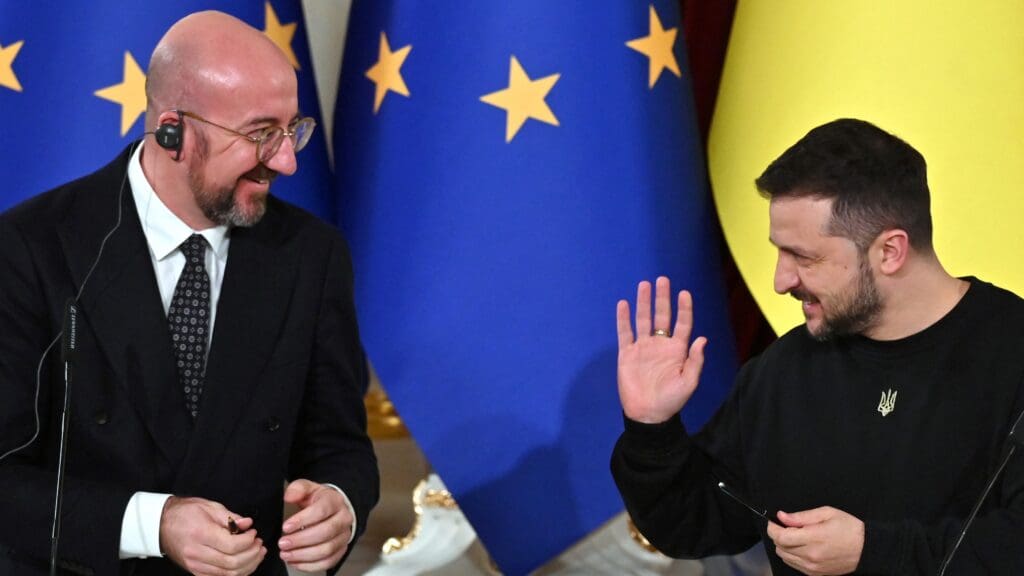
Hungary has made it clear that its support for Ukraine’s EU membership will depend on the outcome of a national referendum. Speaking on Hungarian television, Minister for European Affairs János Bóka emphasized that Ukraine must acknowledge this condition, while also criticizing the EU’s outdated stance on the conflict.
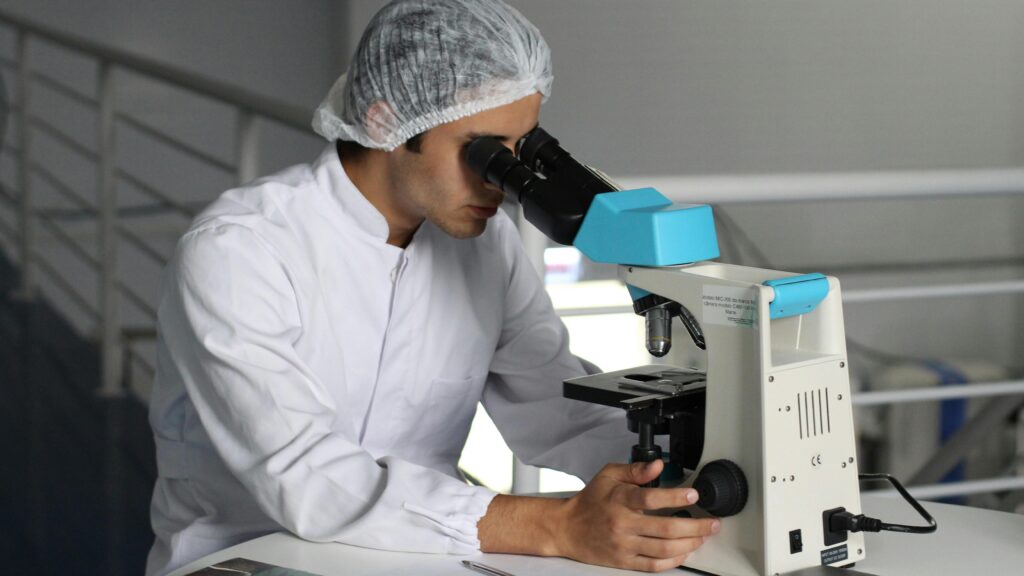
A Hungarian research team is pioneering a new approach to treating neurodegenerative diseases by testing drug compounds on live human brain tissue. The Hungarian Centre of Excellence for Molecular Medicine (HCEMM) announced that its researchers have secured 120 million forints in funding to advance this innovative study.

Hungary is hosting MILEX 2025, a major international military exercise designed to test the European Union’s rapid response capabilities. Taking place between 25 March and 10 April, the operation brings together military forces from 11 EU countries to conduct live-fire exercises and tactical drills under real-world conditions.

On Monday evening an unusual glowing light streak appeared over Budapest and several other Hungarian cities, sparking curiosity and speculation. While many initially thought it was a meteor or an unidentified object, it was later confirmed to be a SpaceX Falcon 9 rocket stage re-entering Earth’s atmosphere in a controlled descent, producing a spectacular light display.

Hungary experienced a record-breaking year in tourism in 2024, with nearly 18 million visitors staying at domestic accommodations. Of these, 9.3 million were Hungarian travelers. According to data from the National Tourism Data Supply Centre, the most active regions for domestic tourism were Pest, Győr–Moson–Sopron, and Komárom–Esztergom counties.

Archaeologists excavating beneath Jerusalem’s Church of the Holy Sepulchre have uncovered traces of an ancient garden, aligning with descriptions in the Gospel of John. The discovery, which includes remnants of olive trees and grapevines, offers new insights into the historical setting of Jesus’s burial site.

Hungarian businesses have applied for state subsidies to purchase over 1,500 BYD electric vehicles under the national EV programme. Tesla follows in second place with more than 1,100 approved requests. The initiative has significantly boosted Hungary’s electric car market.

Hungarian Conservative is a quarterly magazine on contemporary political, philosophical and cultural issues from a conservative perspective.